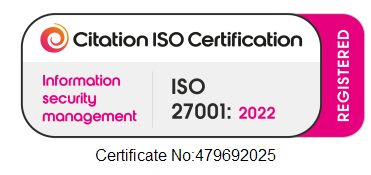Building an e-commerce platform? It can be a process filled with challenges, trade-offs, and a fair share of tough decisions. In our recent episode of SEOs Getting Coffee, hosts Sean and Emina chatted with Adam Lee, a digital consultant, Founder and MD of No Pork Pies and CTO of Mozillion, about the never-ending debate: custom-built platforms vs. off-the-shelf solutions like WordPress or Shopify. Buckle up as we dive into the highlights of their conversation, packed with lessons for startups and large businesses alike.
Watch Video
Custom vs. Off-The-Shelf E-commerce Website Solutions | SEOs Getting Coffee #Episode 32
Custom or Off-The-Shelf E-Commerce Platforms: The Big Debate
At the heart of the conversation was the dilemma every business faces:
- Should you go for a custom-built platform tailored to your needs?
- Or stick with off-the-shelf solutions that are quicker to implement but potentially limiting?
Off-the-Shelf: Pros and Cons
Adam’s take on popular platforms like WordPress and Shopify:
- Pros:
- Easy to manage, even for non-techies.
- Pre-built themes and plugins make customisation straightforward.
- Ideal for small-to-medium businesses or those new to e-commerce.
- Cons:
- Bloated code from plugins can hinder site speed and SEO.
- Limited flexibility for businesses with complex workflows or unique needs.
- Might struggle to scale with high-growth startups.
The Case for Custom-Build
Adam shared his experience with Mozillion, a bespoke platform built using Laravel:
- Pros:
- Clean, efficient code optimised for SEO.
- UX is designed around customer needs and search data, not rigid templates.
- Scalable for a competitive market like mobile phones, where major players like Amazon and Apple dominate.
- Cons:
- Custom builds require a clear vision and resources.
- Complex integrations, like payment gateways, can be a nightmare. (Looking at you, Stripe!)
- Maintenance depends heavily on having skilled developers.
Lessons from Mozillion’s Journey
Mozillion started as a lean, custom-built platform and grew to outrank heavyweights like Currys in competitive search terms such as “iPhone 13.” Here’s what contributed to its success:
- SEO-First Approach
Before writing a single line of code, Adam conducted extensive keyword research and structured the site for search engines. Long-tail keywords like “refurbished iPhone 15 black 256” helped Mozillion rank early and build credibility. - Dynamic UX and Content
Every product page is rich with detail: camera specs, design, processor info, and comparisons like “iPhone 15 vs. iPhone 14.” This user-focused strategy not only aids SEO but also builds trust with visitors. - Bespoke but Balanced
While the main platform is custom-built, Mozillion uses WordPress for its blog and content sections. This hybrid approach optimises costs and leverages the best of both worlds. - Adaptability is Key
A major hurdle was Stripe withdrawing support post-launch, forcing a rapid pivot to PayPal. Flexibility in development and operations ensured the platform survived this financial curveball.
Tips for Businesses Choosing Between Platforms
1.Assess Your Needs
Are you scaling quickly or operating within a niche with specific requirements? Custom might be worth it. Just need an online store to sell a few products? Off-the-shelf works fine.
2. Consider the Future
Think 12–24 months ahead. If your current platform can’t support projected growth, start planning for a transition early.
3. Don’t Overcomplicate
Avoid plugin overload in WordPress or unnecessary customisations. Simplicity often wins in both SEO and user experience.
4. Invest Wisely
A clean, scalable platform (custom or not) saves money long-term. Cheap coding gigs on Fiverr often lead to expensive fixes later.
Room 404: Things to Banish Forever
To wrap up, Adam shared his Room 404 nomination: cheap outsourced coding. While saving money upfront is tempting, poorly executed code leads to delays, bugs, and mounting costs. His advice? Pay for quality the first time.
Final Thoughts
The choice between custom-built and off-the-shelf e-commerce platforms isn’t black and white. It’s about balancing cost, complexity, and long-term goals. Adam’s story highlights the importance of starting with an SEO-first strategy, maintaining flexibility, and knowing when to invest in bespoke solutions.
For more insights and in-depth conversations on the latest in SEO and digital marketing strategies, stay stuned for upcoming episodes of “SEOs Getting Coffee.” Subscribe to our channel for regular updates and expert opinions.












